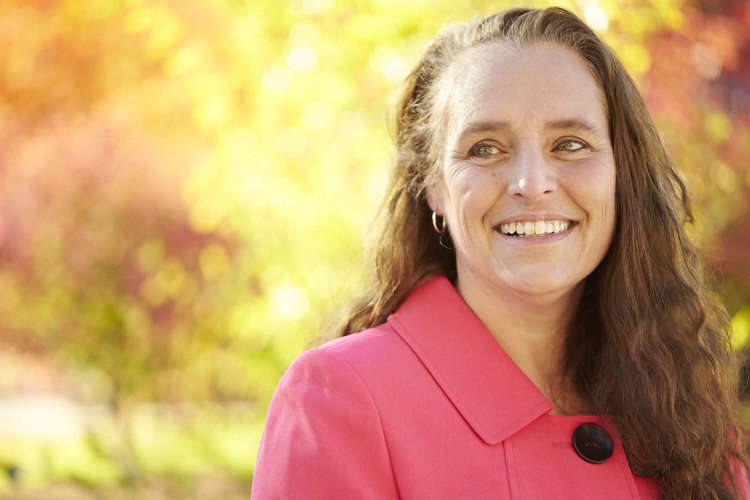Using creative therapeutic techniques, a speech therapist helps patients overcome speech disorders and other issues that impact swallowing. Both children and adults are afflicted by speech conditions. Common causes are Parkinson’s disease, autism, hearing loss, brain injuries or a cleft palate. You’ll need to have both an undergraduate and graduate degree along with practical experience to be eligible for this career field.
Tip
Becoming a speech therapist requires a minimum of six years of postsecondary education. An internship and fellowship may add additional time.
Consider the Speech Therapist Degree Requirements
Speech therapist degree requirements begin with an undergraduate degree in speech-language pathology. Some programs may also term the degree as "communication sciences and disorders." Since you’ll need a master’s degree to be competitive in the field, be sure that your undergraduate program contains the necessary prerequisites for admission to graduate school. Some programs offer a combined bachelor’s and master’s program.
Attain an Undergraduate Degree
Speech therapist education begins with an undergraduate degree in communicative disorders. A sample academic map contains the following:
Core Classes
- Intro to Communicative Disorders
- Language Development
- Anatomy and Physiology of the Speech and Hearing Mechanisms
- Clinical Procedures and Professional Issues
Practical Skills Classes
- Fieldwork in Gerontology
- Assistive Technology in Rehabilitation
- Aural Rehabilitation
- Acquired Speech and Language Disorders
Companion Coursework
- Human Biology
- Lifespan Development
- Counseling and Rehabilitation Services
- Disability in Society
Specialization Electives
- Health Aspects of Aging
- Adult Development and Aging
- Acoustics, Music and Hearing
- General Physics
Volunteer to Learn More
Even though you can’t work as a speech therapist until you’re certified, it’s important to get practical experience working with special populations. Volunteer in a school setting, nursing home or group home to learn more about how to interact with various populations. Even if you’re tutoring children or helping nursing home patients with basic needs, you’ll gain valuable insight. This experience will be a favorable addition to your resume.
Earn a Master’s Degree
A graduate degree will help you dig deeper into the competencies needed to become a speech therapist. Be sure to enroll in a program that is accredited by the Council on Academic Accreditation in Audiology and Speech-Language Pathology. During your graduate program, you’ll also be able to specialize in a particular area of speech therapy.
Courses include:
- Articulation Disorders
- Childhood Apraxia of Speech
- Dysphagia in Public Schools
- Dementia
- Trachs and Vent
- Pulmonary Issues
- Articulation and Phonological Disorders
- Stuttering
- Speech Science
Satisfy State-Level Certification Requirements
Once you’ve earned your master's degree, you’ll need to become state certified as a speech pathologist. State certification requires 25 hours of observation in a clinical setting and 375 hours of client contact. In addition, you’ll need to complete a 36-week fellowship that is comprised of 1,260 hours of client contact.
Finally, you’ll need to pass the Praxis exam. Some states require a certificate of clinical competence that verifies you’ve completed all of the requirements.
Review Areas of Specialty
You can choose to be a generalist or specialize in a particular area as a speech pathologist. Common specializations include language, aphasia, reading, fluency, swallowing, motor speech, cognition and voice. You may be able to earn your specialization during graduate school or by a certificate program through the American Speech Language and Hearing Association.
Speech Therapist Salary and Career Options
You’ll find speech therapist jobs in schools, hospitals and medical clinics, or you can set up a private practice. In 2017, the median annual speech therapist salary was $76,610, according to the Bureau of Labor Statistics. Speech therapists who work in nursing and residential care facilities may earn more. Available jobs for speech therapists are expected to grow by 18 percent between 2016 and 2026.
Related Articles
References
Writer Bio
Dr. Kelly Meier earned her doctorate from Minnesota State Mankato in Educational Leadership. She is the author and co-author of 12 books and serves as a consultant in K-12 and higher education. Dr. Meier is is a regular contributor for The Equity Network and has worked in education for more than 30 years.











